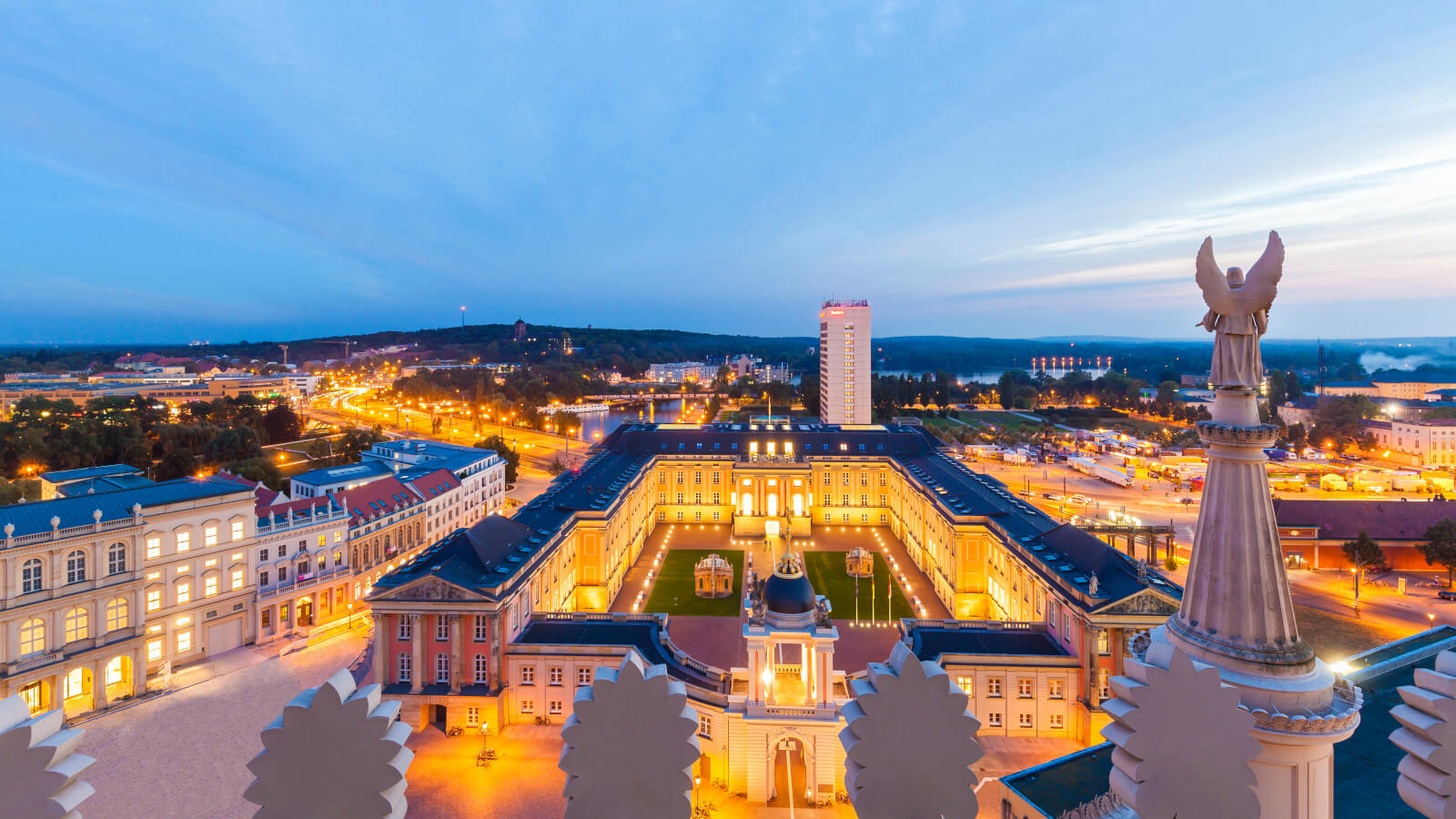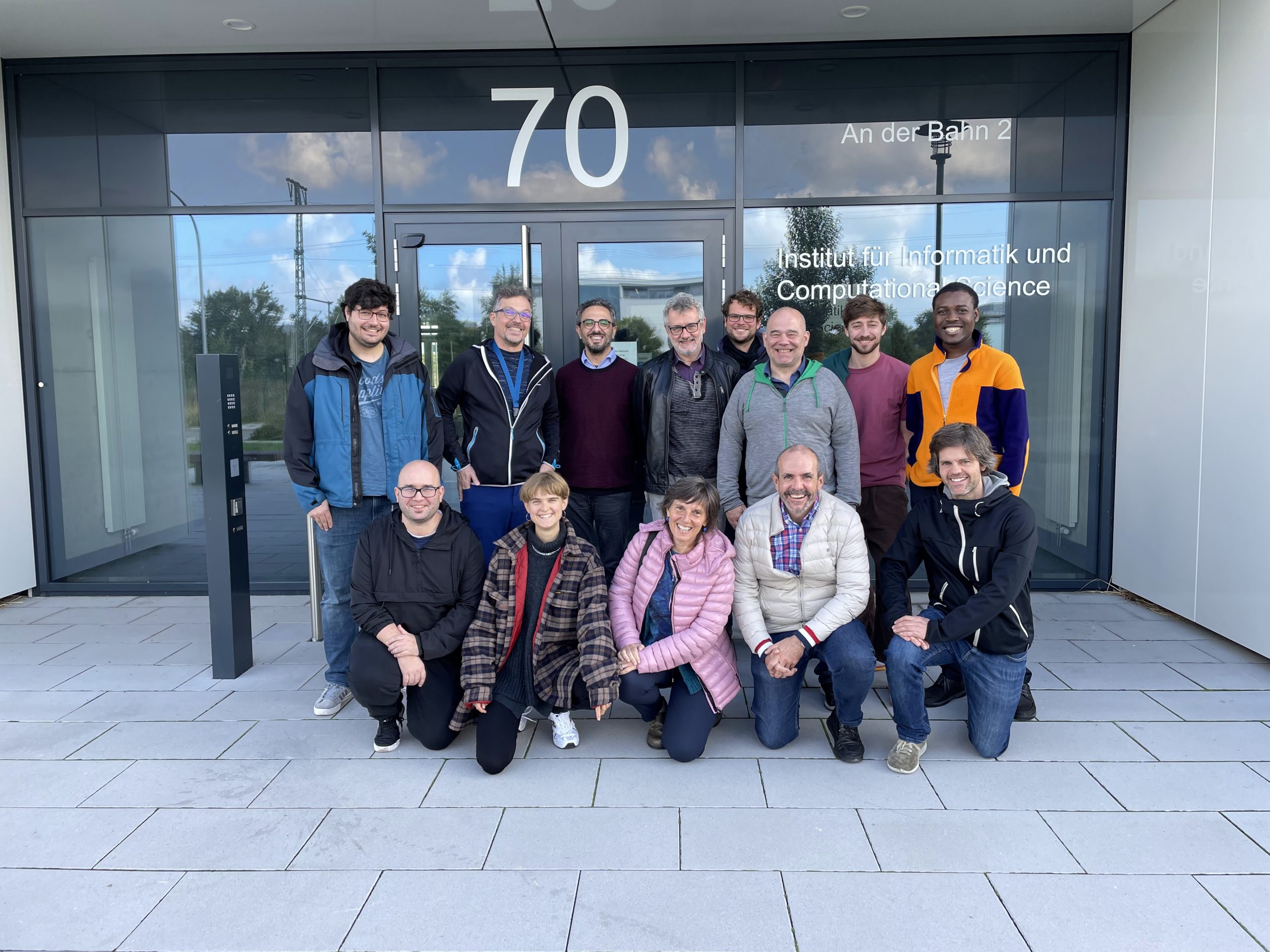Focused thematic WG3

WHAT: Focused Thematic Workig Group Meeting (FTWG3)
WHEN: 28-29 September, 2022
WHERE: Potsdam (Germany)
Venue: University of Potsdam, Institute of Computer Science.
Location: An der Bahn 2D-14476 Potsdam (https://goo.gl/maps/RpD2JwUYvy34kZT86)
Description
Within and across working groups there is a need for short, intensive meetings to provide materials that will contribute to the planning of future activities and the deliverables and goals of the Grant Period and beyond. With this in mind, we propose the following activity: Focused Thematic Working Group Meetings Format: Short, 2-day, intensive working meetings comprising 4-6 participants. Although the meetings will be organized within the area of a WG, due to the nature of the Working Group topics and the close interaction between them, we may expect participants to come from more than one WG. WG leaders and co-leaders will propose a theme and list of participants for approval by the MC.
Outputs
Focused thematic working group meetings have three main objectives: 1. To prepare materials and draft deliverables that contribute to the goals of the WG for the present or coming period. 2. Suggest targets to be achieved in the coming Grant Period. 3. Propose activities that will contribute to achieving targets in the coming and future periods. The outcomes of each meeting will be made available to all WG participants for discussion and will be presented at coming Core Group and MC meetings.
Grant Period Goal(s) it will address
O4. Foster and coordinate related R&D activities of the partners. O5. Collect and organise anonymised data extracted from real cases provided by the Digital Forensics Action partners, and devise suitable benchmarks concerning the solution of such cases. O7. Increase awareness among Digital Forensics experts of new methods and techniques and their applicability. O8. Assist Digital Forensics experts in the practical experimentation of the new methods. O9. Disseminate the Action results to stakeholders, not only Government Agencies and Institutions but also private companies working in the Digital Forensics field. O10. Implement training schemes for the parties that are potentially involved. CH. Create a network to explore the potential of the application of Mathematics, Artificial Intelligence and Automated Reasoning to Digital Forensics, and to establish synergies between these fields through the development of new theoretical frameworks, methodologies and tools to support Law Enforcement by evidence analysis and problem solving during digital investigations.
Program of the FTWG3
Wednesday
|
Thursday
|

Place: Potsdam (Germany)
Venue: University of Potsdam, Institute of Computer Science.

